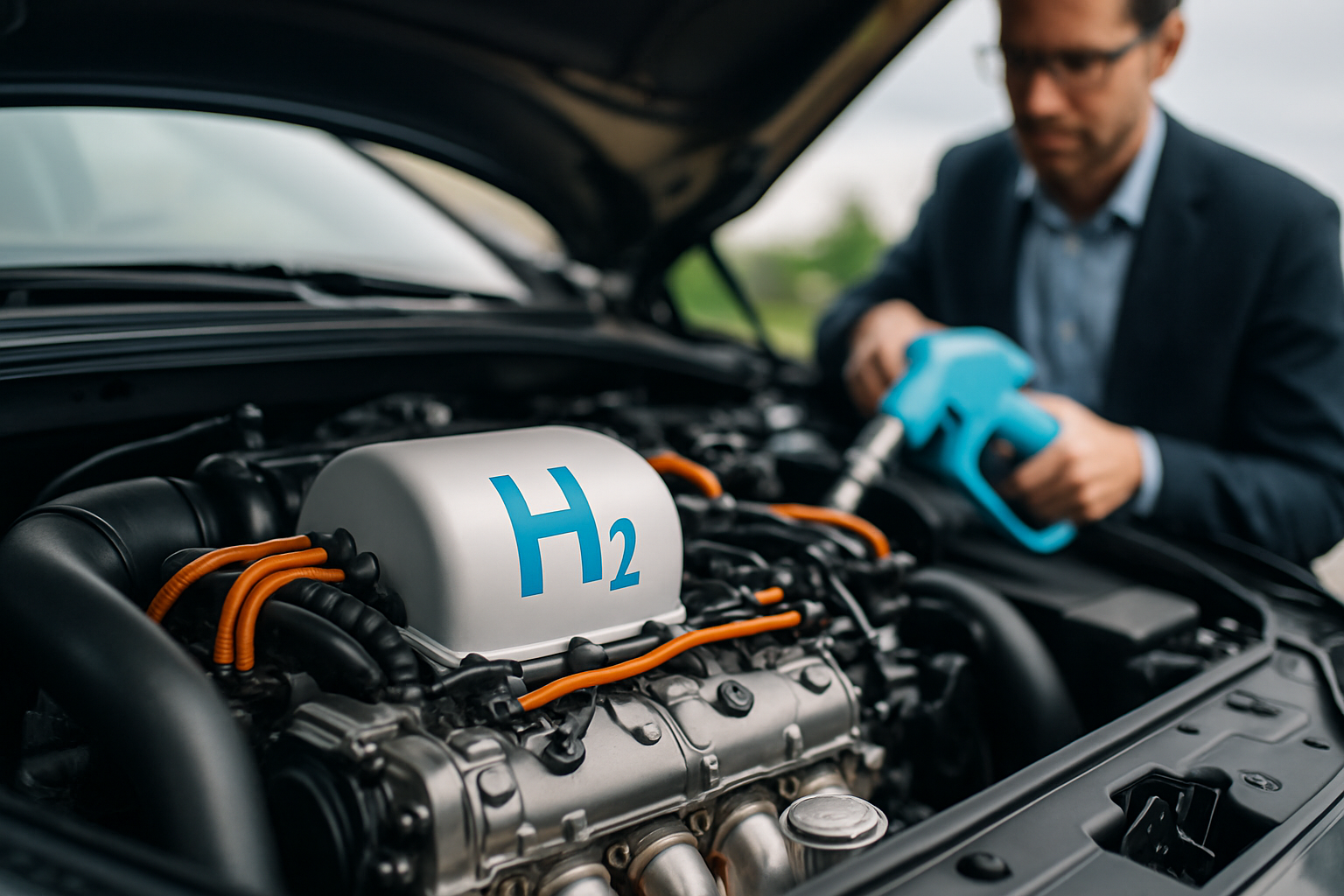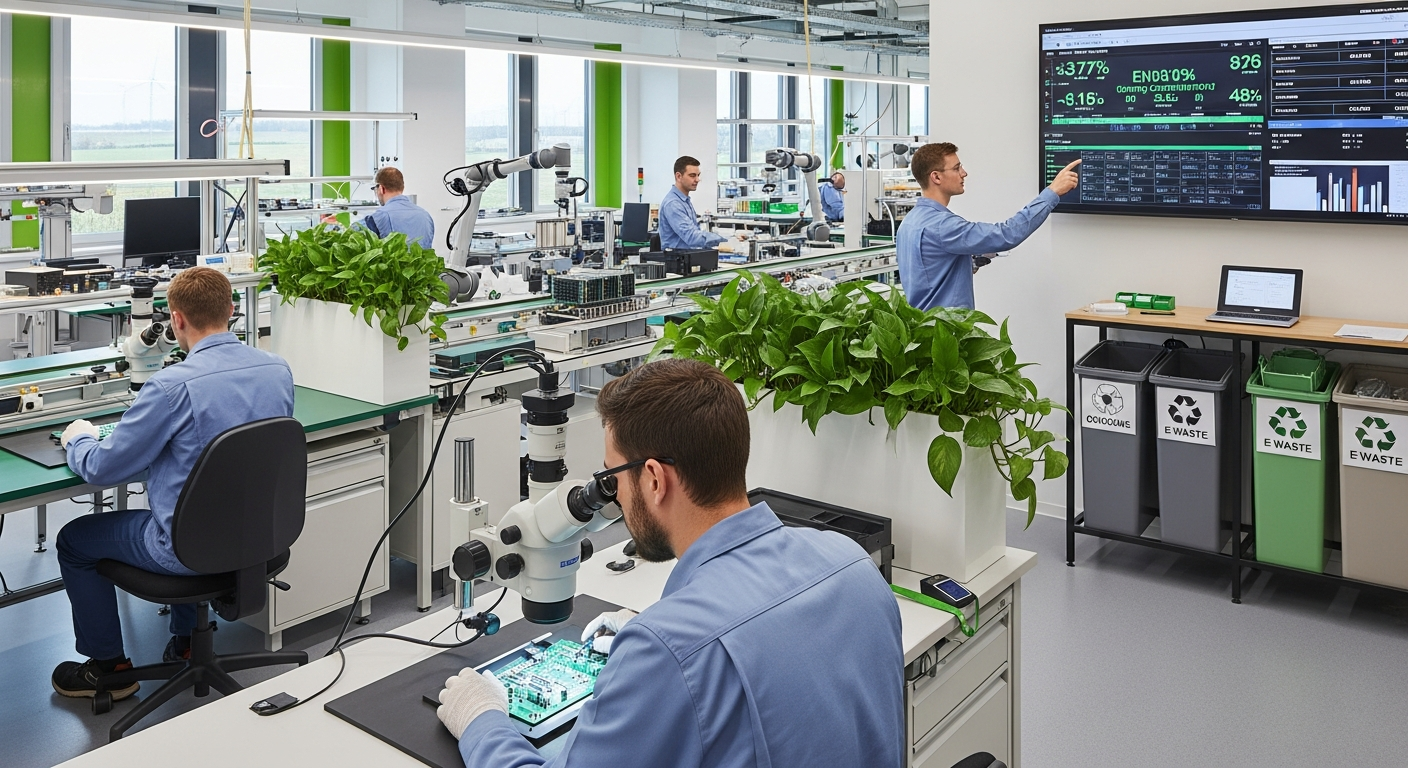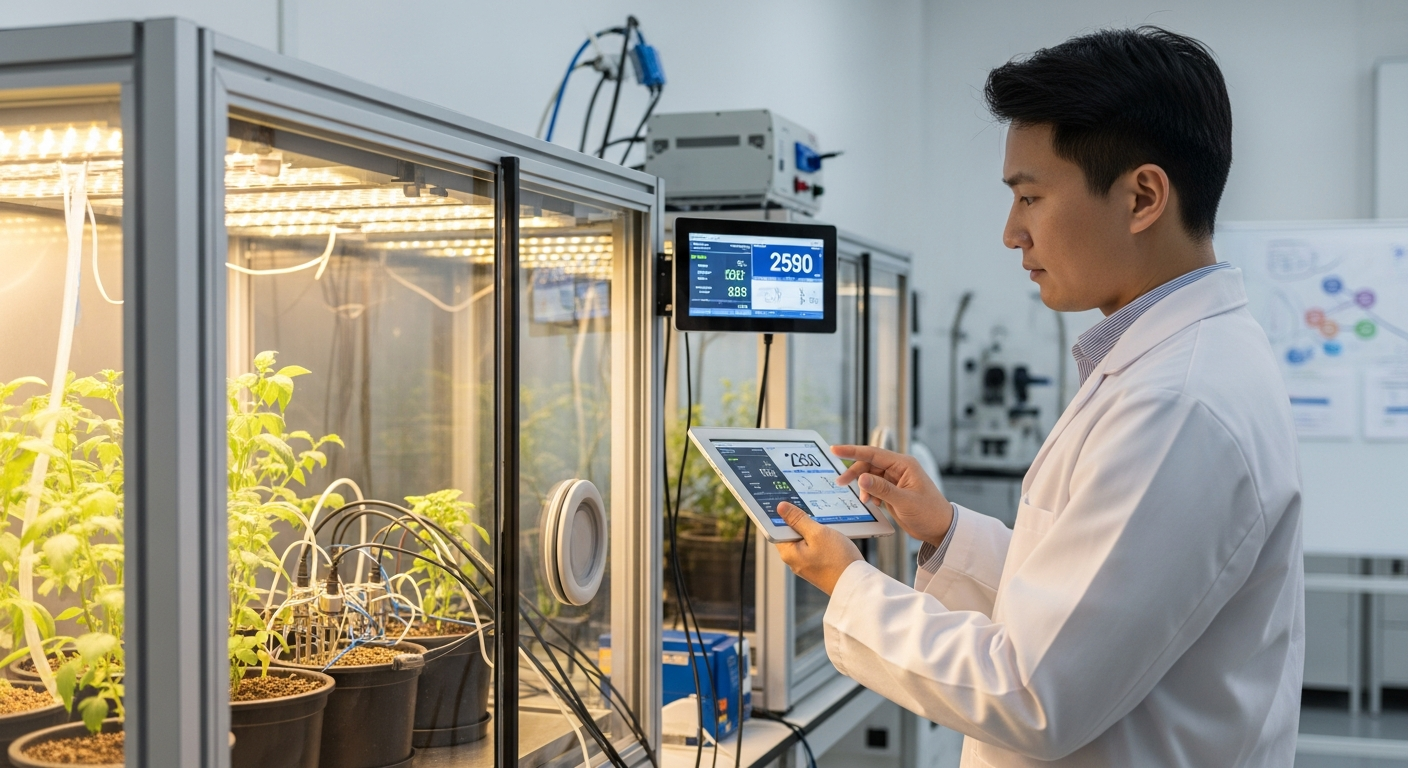Exploring the World of Hydrogen Combustion Engines
The automotive world stands on the brink of a revolutionary shift as hydrogen combustion engines emerge as a promising alternative to traditional fossil fuel powertrains. This innovative technology harnesses the power of hydrogen to create a cleaner, more efficient driving experience while maintaining the familiar feel of internal combustion engines. As we delve into this cutting-edge development, we'll uncover the potential of hydrogen combustion to reshape the future of transportation.

Historical Context and Technological Evolution
The concept of hydrogen-powered vehicles is not entirely new, with early experiments dating back to the 1800s. However, it wasn’t until the late 20th century that serious development began. The oil crises of the 1970s sparked renewed interest in alternative fuels, leading to significant investments in hydrogen technology. Over the decades, advancements in materials science, fuel storage, and engine design have transformed hydrogen combustion from a theoretical concept to a viable automotive solution.
How Hydrogen Combustion Engines Work
At its core, a hydrogen combustion engine operates similarly to a gasoline engine, with a few key differences. Hydrogen is injected directly into the combustion chamber, where it mixes with air and is ignited by spark plugs. The resulting explosion drives the pistons, creating mechanical energy to power the vehicle. The main challenge lies in hydrogen’s low energy density by volume, requiring larger fuel tanks and precise injection systems to achieve comparable performance to gasoline engines.
Advantages Over Traditional Powertrains
Hydrogen combustion engines offer several advantages over conventional gasoline and diesel powertrains. First and foremost is their near-zero emissions profile, producing only water vapor as a byproduct. This makes them an attractive option for meeting increasingly stringent environmental regulations. Additionally, hydrogen engines can be adapted from existing internal combustion designs, potentially reducing manufacturing costs and easing the transition for both automakers and consumers.
Challenges and Hurdles to Overcome
Despite their promise, hydrogen combustion engines face several challenges on the road to widespread adoption. The most significant hurdle is the lack of hydrogen fueling infrastructure, which limits the practicality of these vehicles for everyday use. Additionally, the production and transportation of hydrogen fuel can be energy-intensive, raising questions about the overall environmental impact. Engineers are also working to address issues such as hydrogen storage safety and the potential for nitrogen oxide emissions at high temperatures.
Current Industry Applications and Future Prospects
Several major automakers have begun exploring hydrogen combustion technology, with companies like Toyota and BMW leading the charge. These manufacturers are developing prototype vehicles and conducting real-world tests to assess the viability of hydrogen combustion for mass-market applications. While still in its early stages, the technology shows promise for use in heavy-duty vehicles, long-haul trucks, and even high-performance sports cars.
The Role of Government and Policy in Hydrogen Adoption
Government support and policy initiatives play a crucial role in the development and adoption of hydrogen combustion technology. Many countries have implemented incentives for hydrogen vehicle research and development, as well as investments in fueling infrastructure. As climate change concerns grow, policymakers are increasingly looking to hydrogen as a potential solution for decarbonizing the transportation sector.
Comparing Hydrogen Combustion to Other Alternative Powertrains
While hydrogen combustion engines offer unique benefits, they must compete with other alternative powertrains vying for market share. Fuel cell electric vehicles, which use hydrogen to generate electricity, are often seen as a direct competitor. Each technology has its strengths and weaknesses, with hydrogen combustion offering a more familiar driving experience and potentially lower production costs, while fuel cells boast higher efficiency and quieter operation.
The Impact on Automotive Culture and Enthusiasts
For automotive enthusiasts, the rise of hydrogen combustion engines presents both challenges and opportunities. These engines promise to maintain the visceral feel and sound of internal combustion, which many enthusiasts cherish. However, the shift to hydrogen fuel may require adjustments in driving habits and maintenance practices. As the technology evolves, a new culture of hydrogen-powered motorsports and performance tuning could emerge, offering exciting possibilities for gearheads and racing fans alike.
Conclusion: A Hydrogen-Powered Future?
As the automotive industry continues to evolve, hydrogen combustion engines stand out as a promising technology that could bridge the gap between traditional internal combustion and zero-emission vehicles. While challenges remain, ongoing research and development efforts are bringing this innovative powertrain closer to reality. Whether hydrogen combustion will become the dominant force in future transportation or coexist alongside other technologies remains to be seen, but its potential to reshape the automotive landscape is undeniable. As we move forward, the journey of hydrogen combustion engines serves as a testament to human ingenuity and the ongoing quest for cleaner, more sustainable mobility solutions.






